Loans
Choose the best mortgage for your finances
Your choice of mortgage affects the quality of your financial life. Here's how to choose one that fits you and know what questions to ask a lender.
Advertisement
Find the best mortgage with the perks you need to finance your new home!
Pick a mortgage based on your financial needs
When it comes time to choose a mortgage, there are many boxes to tick. How much can you afford each month? Which type of loan is best for you? And don’t forget about the interest rate!
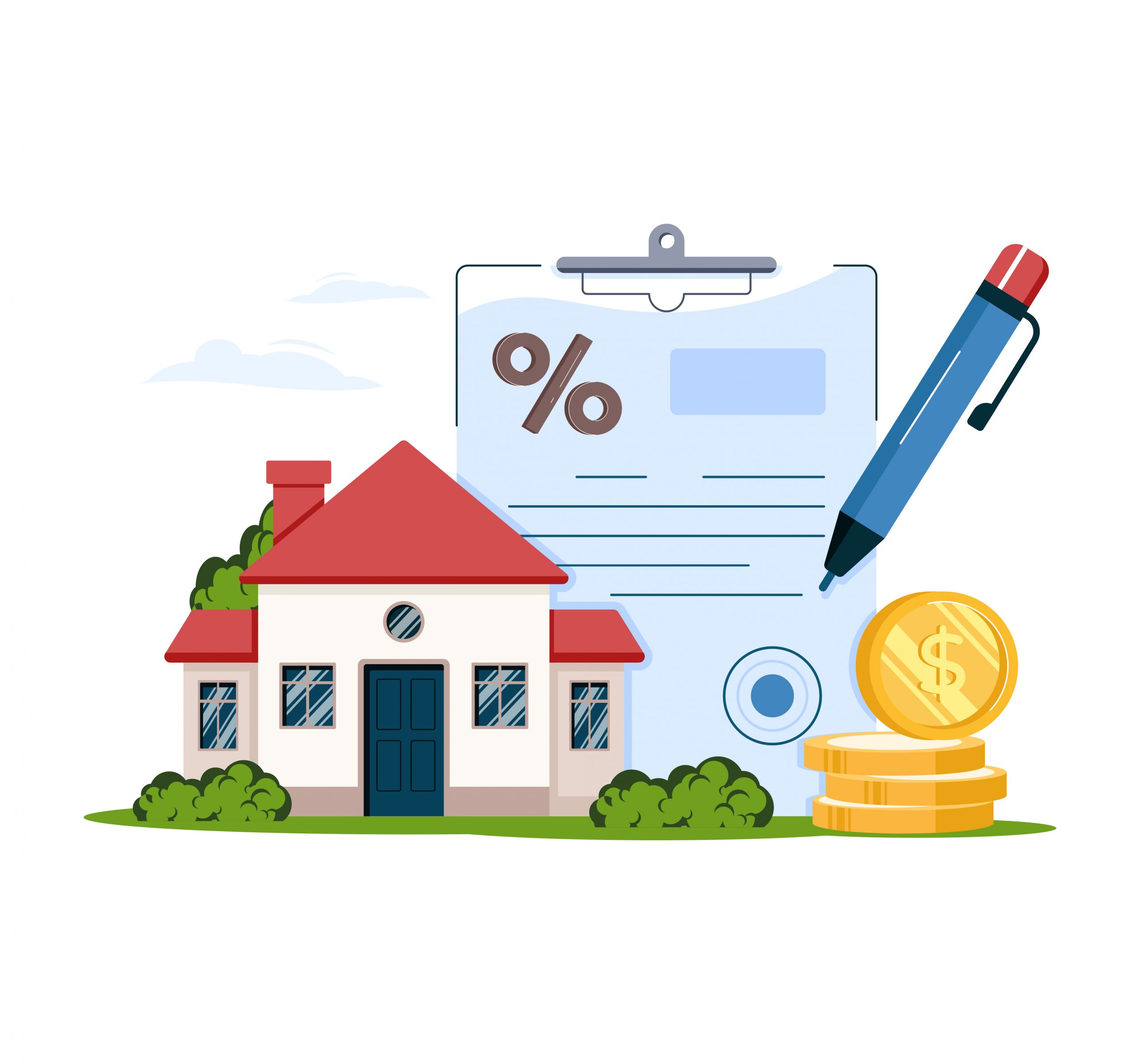
What is a mortgage and how does it work?
When buying a house, it's important to know "what is a mortgage," so we are here to help. This post will explore this kind of loan. Read on!
Picking the right mortgage can save you money in the long term and make your monthly payments more affordable. This blog post will help you figure it out. Keep reading to learn more!
Is a mortgage the same as a home loan?
A mortgage is a loan that helps you finance the purchase of a house.
When you take out a mortgage, you agree to repay the loan over a set period of time, usually 15 or 30 years.
Each month, you’ll make a payment toward the principal (the amount you borrowed) and interest (which is charged by the lender).
That’s how most people are able to afford a home without having to come up with the entire purchase price upfront.
There needs to be more clarity about mortgages and home loans.
A mortgage is actually a type of loan that uses real estate as collateral. The bank can seize your home if you don’t make your payments.
A home loan, on the other hand, is a type of loan that you can use to purchase a home.
It’s important to understand the difference between these two types of loans because they will affect how you finance your dream home.
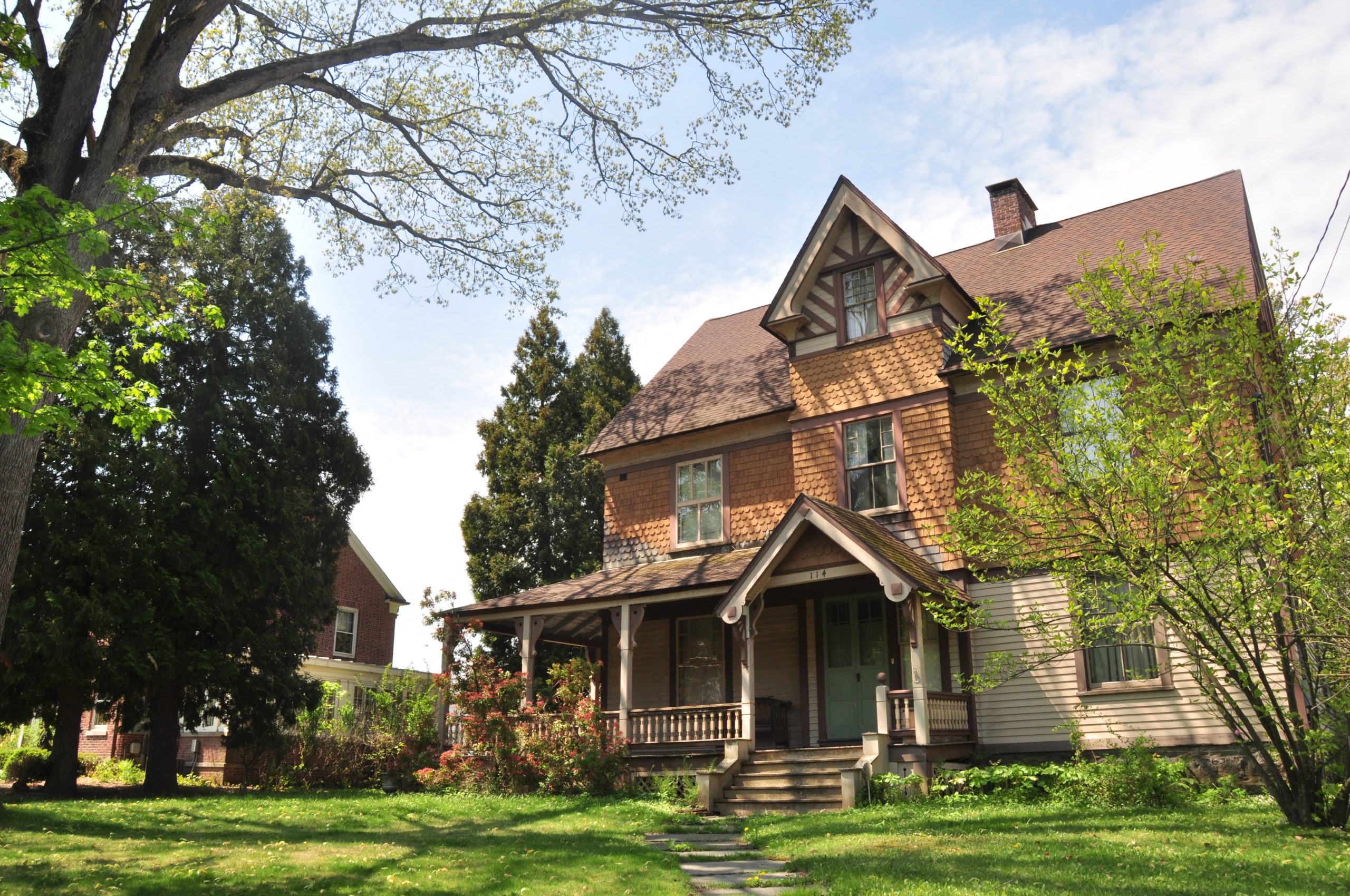
Housing Assistance: find out what are your options
Unsure of where to turn for help with housing costs? Here's a guide to some popular housing assistance programs – who can benefit from them and what you need to know.
You will be redirected to another website
By submitting this form, I agree that I am 18+ years old and I agree to the Privacy Policy and Terms and Conditions. I also provide my signature giving express consent to receive marketing communications via automated emails, SMS or MMS text messages and other forms of communication regarding financial products such as credit card and loans. Message frequency varies and represents our good faith effort to reach you regarding your inquiry. Message and data rates may apply. Text HELP for help or text STOP to cancel. I understand that my consent to receive communications is not a condition of purchase and I may revoke my consent at any time.
What are the different types of mortgages?

Conventional Loan
A conventional loan is a mortgage that is not insured or guaranteed by the government.
These loans are typically available with either fixed or adjustable rates and can be used to finance both primary residences and investment properties.
They typically require a minimum down payment of about 5%, but some lenders may allow you to put down as little as 3%.
Finally, it is available for people with good credit scores.
Jumbo Loan
A jumbo loan is ideal for people who want to buy an expensive house. It’s necessary to have an excellent credit score to apply for a Jumbo.
Government-Insured Loan
Government-insured loans are backed by either the Federal Housing Administration (FHA), the U.S. Department of Veterans Affairs (VA), or the U.S Department of Agriculture (USDA).
Fixed-Rate Mortgage
A fixed-rate mortgage is exactly what it sounds like — your interest rate will stay the same for the duration of your loan, no matter what happens in the broader market.
Adjustable-Rate Mortgage
An adjustable-rate mortgage (ARM) is a loan with an interest rate that can change over time based on market conditions.
These loans are typically available in terms ranging from five to ten years with annual or semi-annual adjustments thereafter.
What are the most common fees charged on a mortgage?

Here is a list of five of the most common mortgage fees:
Origination fees are typically charged by the lender in order to cover the cost of processing the loan. This fee is usually a percentage of the total loan amount and can vary depending on the lender.
Application fees are charged by some lenders in order to cover the cost of running a credit check and ordering any necessary documentation.
Attorney fees can be charged by either the lender or the borrower, depending on state law. These fees cover the cost of having an attorney present at closing to represent the lender’s interests.
Closing fees are charged by the title company or escrow agent in order to cover the cost of performing a title search and preparing all of the necessary paperwork for closing.
Credit report fees are charged by some lenders in order to cover the cost of ordering a credit report from one or more of the major credit bureaus.
What credit score do you need to apply for a mortgage?
Most mortgages require a good to an excellent score. In order to get the best interest rates and avoid paying extra for mortgage insurance, you’ll need a score of 680 or above.
However, you may still be able to get a mortgage with a lower credit score since some companies offer this service.
If your credit score is below 680, there are still some things you can do to improve your chances of getting approved for a mortgage.
For example, you can work on increasing your credit score by paying off debt and establishing a good history of on-time payments.
You can also try applying for a mortgage with a smaller loan amount or shorter term.
What are the required documents for the application process?
The documents you’ll need for a mortgage application vary depending on the lender and the type of mortgage you’re applying for.
However, most lenders will require documentation proving your income, your assets, and your liabilities.
- Some of the most common documents required for a mortgage application include the following:
- Proof of Income (such as pay stubs or tax returns)
- Proof of Assets (such as bank statements or investment statements)
- Proof of Liabilities (such as credit card statements or car loan statements)
- Copy of Your Driver’s License
- Copy of Your Social Security Card
- Mortgage Application Form
How to apply for a mortgage?
There are basically two ways to apply for a mortgage: online or through a physical branch.
1. Online
You can Apply for a Mortgage Online by visiting the website of the company you’re interested in borrowing from.
Most lenders have an online application process that’s quick and easy to use.
You’ll need to provide some personal information, like your name, address, contact details, and information about your employment and income.
2. Physical Branch
You can also Apply for a Mortgage at a Physical Branch. This option may be best if you want to speak with someone about your loan options.
No matter your mortgage, make sure you have a down payment and a good credit score. That will make things a lot easier.
To sum up, if you have been preparing to buy your first home, you can find useful tips on budgeting for your house in the post below. Check it out!

How to create an easy budget plan in 5 steps
Here's everything you need to know to create a budget that considers your fixed and variable expenses. Check it out!
Trending Topics
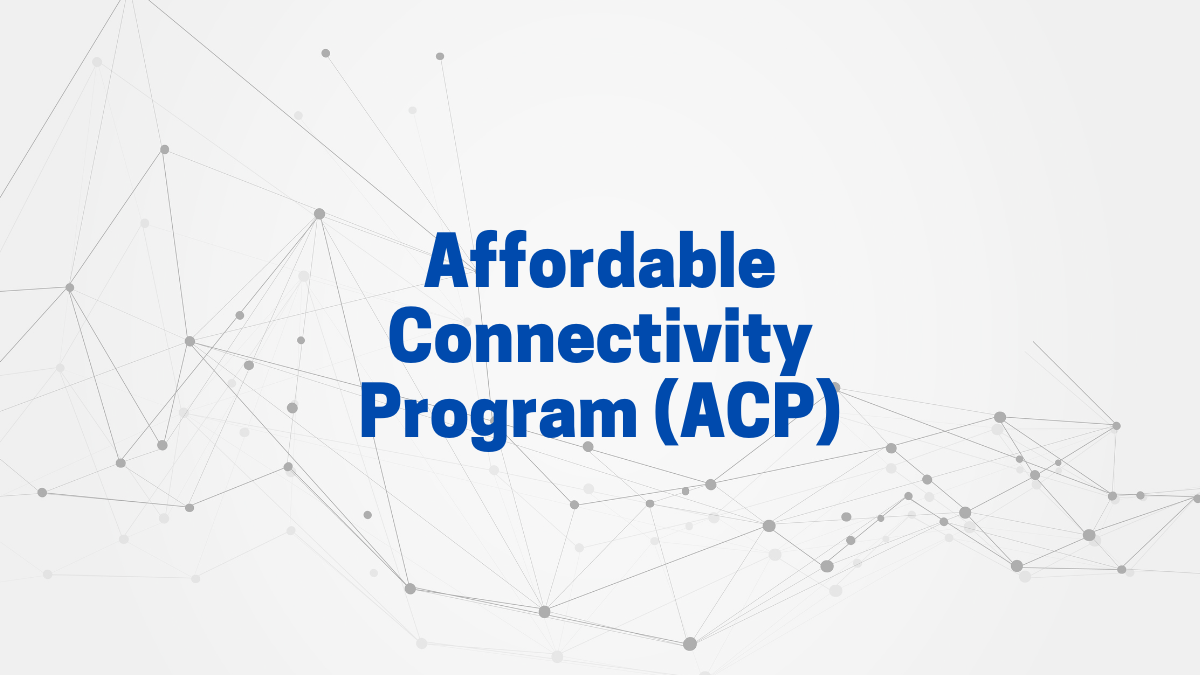
Affordable Connectivity Program (ACP): for low-income families
The Affordable Connectivity Program is working hard to bridge the digital divide to Americans. Learn more about their mission here!
Keep Reading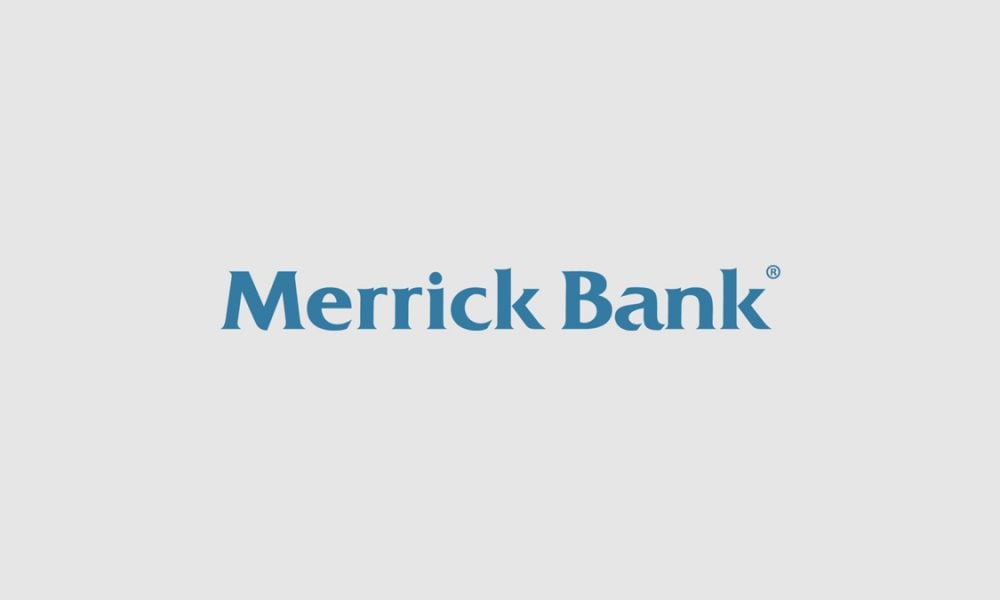
Merrick Bank Personal Loan review: how does it work and is it good?
In this Merrick Bank Personal Loan review, you will learn about how it works, and the pros and cons of their personal loan products.
Keep Reading
Choose the best card to build your credit score: improve your finances!
Here's a complete guide on how to choose the best card to build your credit score. Keep reading to find out more!
Keep ReadingYou may also like
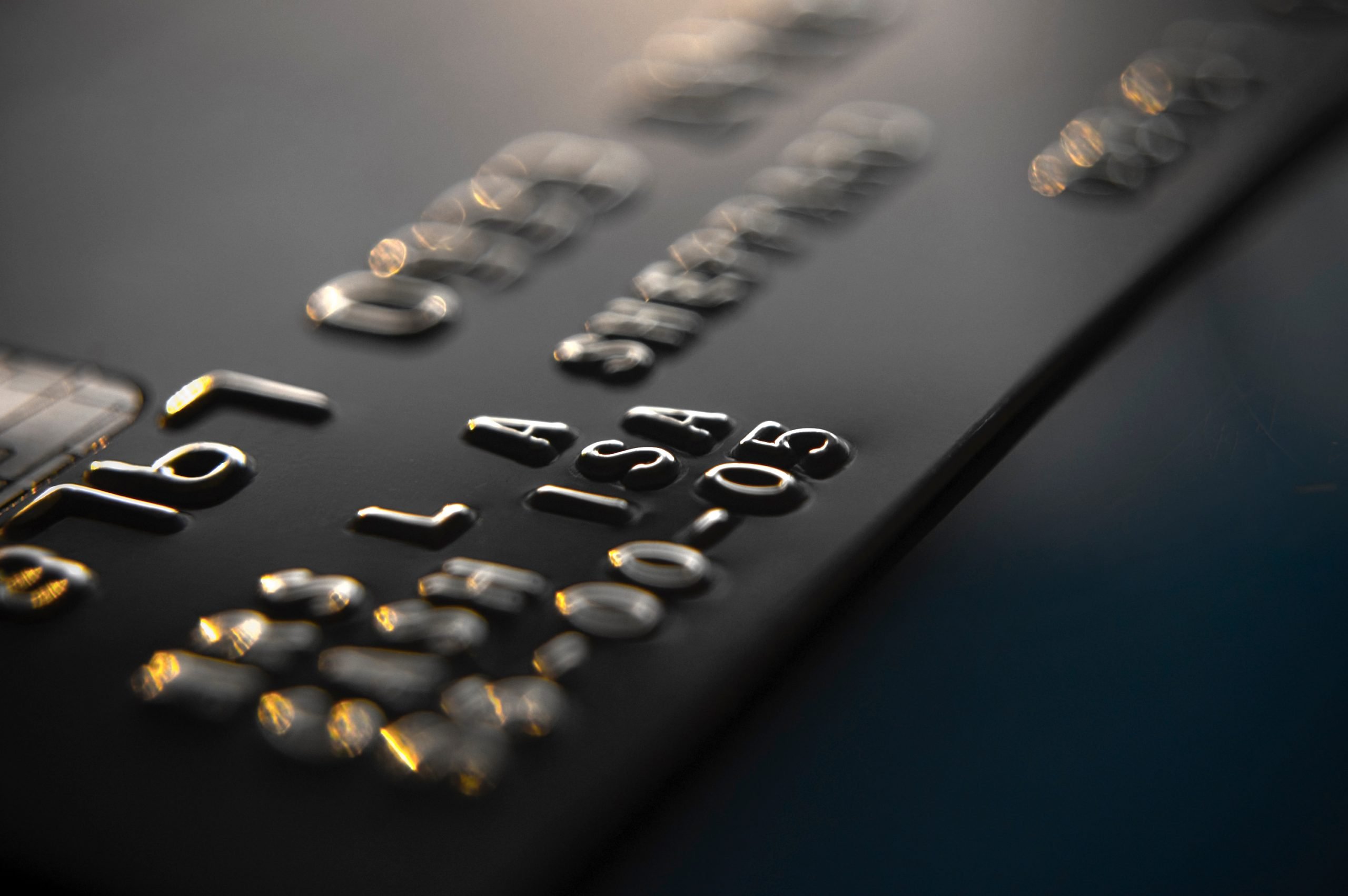
10 Types of Credit Cards You Should Know About
Discover 10 types of credit cards and make the perfect choice for your financial well-being. No more confusion, all in one place.
Keep Reading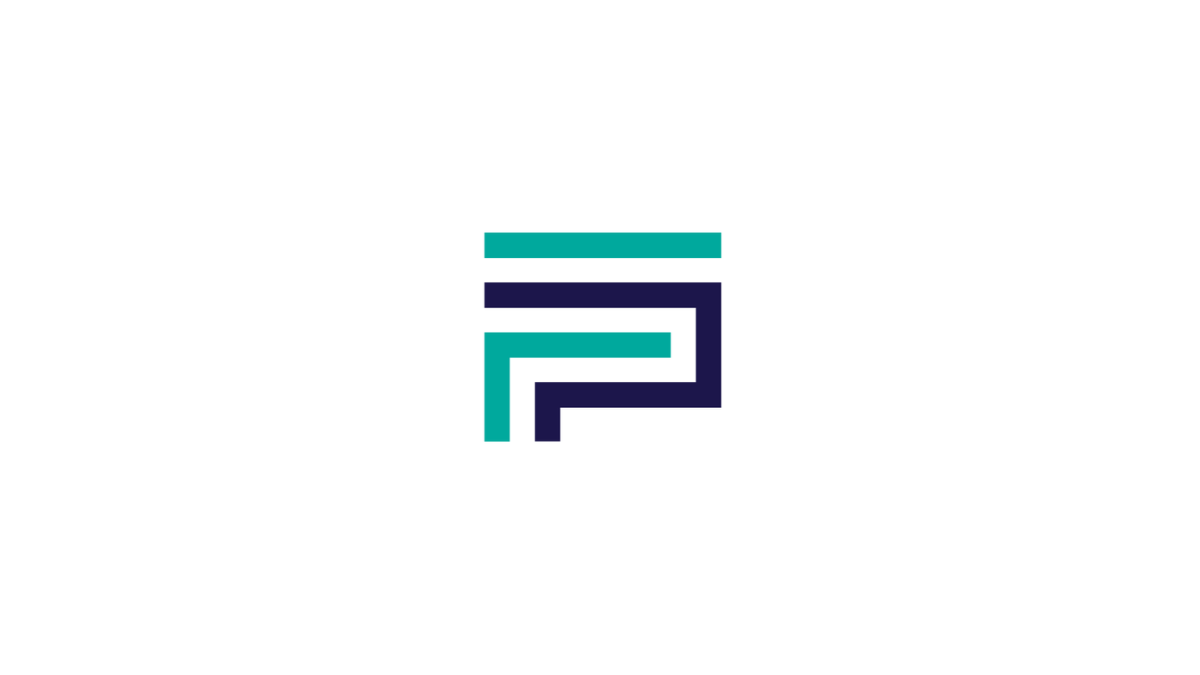
First Phase Visa® Card review
The First Phase Visa® Card review is about a credit card designed to repair credit. If you find yourself in this situation, keep reading!
Keep Reading
Wells Fargo Active Cash® Card application: how does it work?
Learn how to apply for a Wells Fargo Active Cash® Card. Earn 2% cash back on purchases! Read on to learn more!
Keep Reading